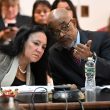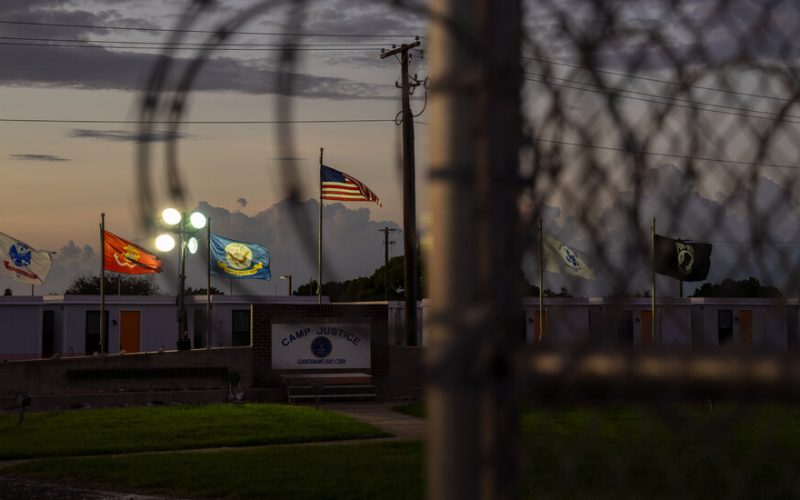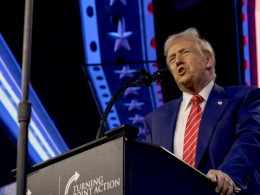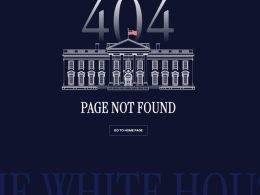The prosecutor in the Sept. 11 case asked the military judge on Thursday to suspend the proceedings to give the Trump administration time to get cabinet secretaries in place and familiar with a plea deal for the man accused of planning the attack to avoid a death-penalty trial.
A Pentagon official reached the agreement with the defendant, Khalid Shaikh Mohammed, and two other men on July 31. Lloyd J. Austin III, then the secretary of defense, moved to withdraw from the deals two days later.
The question of whether the pleas are valid is now before a federal appeals court in Washington, D.C., which hears arguments on Tuesday.
In court at Guantánamo Bay on Thursday, the prosecutor, Clayton G. Trivett Jr., announced that he would submit a pleading to pause the proceedings in the case until April. He noted that the new administration does not yet have a confirmed defense secretary, attorney general or solicitor general in place.
Defense lawyers objected to any pause in the proceedings. The judge, Col. Matthew N. McCall, said he would set tight deadlines for the sides to state their positions, so he could swiftly rule on the request to suspend the proceedings.
Colonel McCall has said that, if the appeals court allows the pleas to go forward, he might hold the first plea-taking hearing with Mr. Mohammed next week. He would hold similar, separate proceedings with the two other defendants accused in the Sept. 11 attacks, Walid bin Attash and Mustafa al-Hawsawi, who have reached their own settlements.
Under the deal, Mr. Mohammed has agreed to let government prosecutors use portions of a 2007 confession that he says was obtained through his torture at any future sentencing trial if his case is settled with a life sentence.
Hearings were underway this week for the fourth defendant in the case, Ammar al Baluchi, who does not have a plea agreement.
Mr. Baluchi’s lawyers have tried for nearly six years to have his confessions to the F.B.I. in 2007 ruled inadmissible at his death-penalty trial because, the defense argues, they were the product of torture or cruel, inhuman and degrading treatment. The judge is hearing closing arguments from the prosecution and the defense on that issue.








